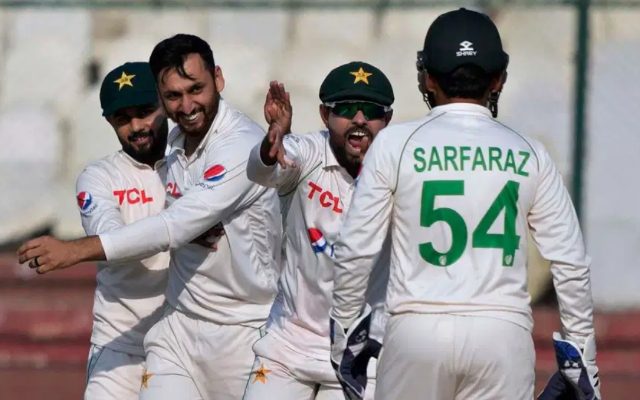
The Pakistan Cricket Board (PCB) has once again restructured its men’s national selection committee, a move that comes just hours after a disappointing defeat against England. The panel now includes some prominent names from Pakistan cricket history, as well as a notable surprise in the form of a former umpire, Aleem Dar.
Why a new selection committee?
This reshuffling comes at a crucial time for Pakistan cricket. The national team has been struggling to find consistency in both Test and limited-overs formats. Earlier changes to the selection committee failed to yield positive results, necessitating another reorganization.
The latest reformation of Pakistan’s selection committee signifies another strategic shift in the Pakistan Cricket Board’s ongoing efforts to improve the national team’s performance. This change, announced right after a crushing defeat by England, is not just about replacing faces, it’s about restructuring the way decisions are made, and this time, PCB is relying on both seasoned cricketers and an unexpected name, former umpire Aleem Dar.
Pakistan’s performance in the first Test against England has been troubling, to say the least. Despite scoring over 550 runs in their first innings, Pakistan lost by an innings and 47 runs in Multan. This marked their third consecutive Test loss on home soil and raised significant questions about leadership, team cohesion, and player selection. Shan Masood, the captain, has particularly been under scrutiny, despite his century in the first innings.
The PCB has made several attempts over the years to restructure its selection panel. Earlier this year, PCB chief Mohsin Naqvi spearheaded a change, sacking Wahab Riaz and Abdul Razzaq. However, that reorganization didn’t prevent Pakistan’s continuing struggles, prompting yet another shift.

New selection committee
One of the most surprising names on the new selection committee is Aleem Dar, a renowned ICC umpire. Dar, who left the ICC’s elite panel in 2023, has had a stellar career officiating some of the biggest cricket matches globally. However, his inclusion in a selection role is unprecedented in modern cricket.
Dar’s transition into a selector role is unusual and has caught the attention of cricket fans and analysts alike. This shift could bring a fresh perspective to the selection committee, given Dar’s vast experience observing cricket from an unbiased, third-party viewpoint.
While Dar’s inclusion is notable, he’s joined by a strong group of former players and administrators. Aaqib Javed, known for his sharp cricketing mind, has experience both as a player and as a coach. Azhar Ali’s experience as a captain and his deep knowledge of Test cricket will provide valuable insights. Asad Shafiq remains the only member from the previous panel. His experience with the previous committee could ensure some continuity, which might help in making more cohesive decisions moving forward. Hasan Cheema, a relatively new name in the PCB, has been making waves with his analytical approach to the game. His role could bring a more data-driven angle to player selection.
Mohammad Yousuf’s resignation
Mohammad Yousuf’s departure from the selection committee was unexpected. He cited personal reasons for his resignation, but his absence leaves a gap in cricketing expertise, particularly regarding batting development. Yousuf had been instrumental in grooming young talent and his departure could affect long-term player development strategies.
The frequent changes in selection panels have often disrupted team stability. With experienced players and a veteran umpire like Aleem Dar on board, this committee has the potential to bring a more balanced, stable approach to squad selection.
Get the latest cricket news here, like us on Facebook, and follow us on Twitter and Instagram for more such updates.






